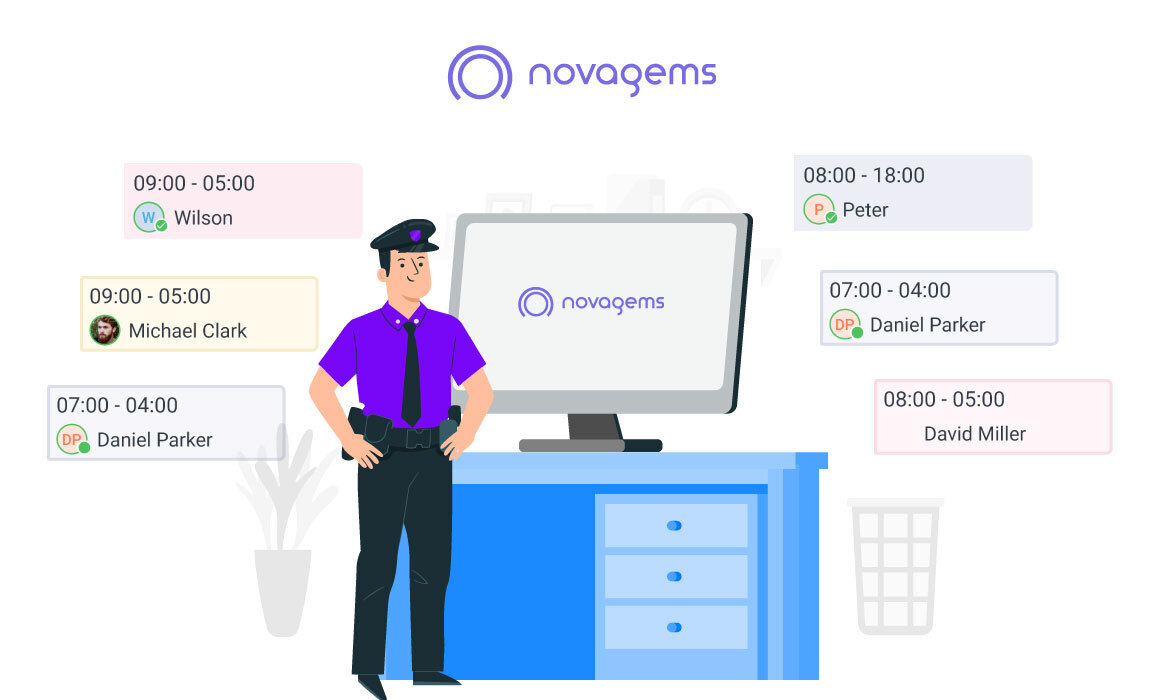The growing popularity of e-commerce websites has led to an increase in cyber attacks, as they provide a lucrative opportunity for data thieves to steal sensitive customer information and financial transactions. Hence, security has become a major concern for e-commerce website owners. In this article, you can learn about the prevalent threats and effective strategies to counter them, thus ensuring the security of your e-commerce website. Continue scrolling and learn how to secure a website!
Pro Tips to Secure eCommerce Website from Potential Threats
- Reliable Web Hosting Service
When selecting a web host, opt for one that offers automatic updates and backup features. It’s crucial to ensure that the web host prioritizes security and has the necessary capabilities to meet all your requirements. The web host should also have 24×7 availability and maximum uptime. Look for security certifications that the web host has obtained as this indicates their reliability.
For your information, trustworthy web hosting providers are transparent about their operations and take measures to safeguard your website from any breaches or cyber-attacks. Ultimately, you want a hosting plan that grants you complete control over your server.
- Install an SSL Certificate
As an e-commerce business, it’s your responsibility to ensure the safety of your customers’ sensitive information from malicious hackers. One of the crucial security measures that companies can implement is to install an SSL certificate to keep private information secure.
This tool encrypts the data that is transmitted between the customer’s browser and the payment processing server, preventing hackers from intercepting and stealing personal information. For instance, if your business utilizes third-party payment processors like Shopify Pay, an SSL certificate safeguards against payment information theft during the purchase process.
- Use Two-Factor Authentication
Using Two-Factor Authentication is an effective strategy for enhancing the security of your eCommerce website. It adds an extra layer of protection by requiring users to provide two forms of identification, such as a password and a unique code sent to their phone or email, before they can access their accounts. This reduces the risk of unauthorized access even if the password is compromised.
Moreover, fraud detection and prevention measures can be integrated with two-factor authentication to further enhance security. By tracking user behavior, analyzing purchase patterns, and detecting suspicious activity, fraudulent transactions can be identified and prevented before they occur. This can save your business from potential financial losses and reputational damage caused by fraudulent activities.
- Stay Updated
Hackers are constantly inventing new techniques to exploit security vulnerabilities, while the developers of content management systems, plugins, and other tools work tirelessly to improve their security. As a result, these tools, platforms, and software are frequently updated to patch bugs and enhance security for users. However, these updates are not always automatic, hence, it’s crucial to regularly check that all your tools are up-to-date. If any tools are outdated, it’s essential to update your CMS, software, and plugins to ensure they remain secure and aren’t obsolete.
- Install Security Plugins
Installing security plugins is a critical step in securing your website, particularly when it comes to hacking WordPress sites. WordPress is a popular platform for building websites, making it a prime target for hackers seeking to exploit vulnerabilities. Security plugins offer additional layers of protection by scanning your website for malware and viruses, monitoring for suspicious activity, and implementing firewall protection.
WordPress security plugins also have features such as two-factor authentication, which adds an extra layer of protection for users. Other features include brute force attack prevention, which limits the number of login attempts, and IP blocking to prevent unauthorized access to the website. Some security plugins can also improve the performance of your website, resulting in a better user experience for your visitors. Overall, security plugins are a simple yet effective way to safeguard your website from cyber-attacks and protect your business and customers’ sensitive information.
- Create Hard-to-Crack Passwords
Last but not least, creating complex passwords is essential for securing your e-commerce website and protecting sensitive information such as customer data, financial transactions, and login credentials. Hackers often use automated tools to guess or crack passwords, making weak passwords easy targets for cyber attacks.
To create complex passwords, use a combination of uppercase and lowercase letters, numbers, and special characters. Evade using easily presumable information such as names, birthdates, or phone numbers. Furthermore, use unique passwords for each of your accounts to prevent an attacker from gaining access to all of your accounts if one password is compromised.
Bonus!
Back up Your Website
Backing up your website is an essential step in ensuring the security and continuity of your online business. Website backups are copies of your website’s files, databases, and configurations that can be used to restore your website in the event of data loss or cyber-attacks.
There are various ways to back up your website, including manually copying your files and databases, using built-in backup tools provided by your hosting provider, or using third-party backup plugins or services. It’s important to choose a backup solution that meets your specific needs and requirements, such as frequency of backups, storage space, and ease of restoration. Regularly backing up your website ensures that you have a recent and complete copy of your website that can be used to restore your website to its previous state if it becomes compromised.
Final Thoughts
In today’s world, as cyber attacks continue to rise, ensuring the security of your e-commerce website is crucial. Just as a physical store takes measures such as employing security guards, installing cameras, and using gates to protect it, providing top-notch security to your e-commerce website is equally important to prevent cybercrime. Follow the 6 tips outlined in this article to safeguard your website from potential cyber-attacks.



